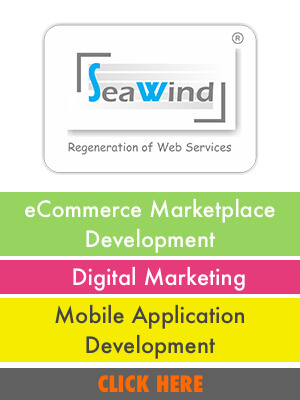The rise of e-commerce has presented numerous opportunities for aspiring entrepreneurs to venture into the digital realm and launch their own online businesses. While the barriers to entry may be lower compared to traditional brick-and-mortar establishments, startups in the e-commerce space face their own unique set of challenges. In this article, we will explore some of the key hurdles that e-commerce startups encounter and provide insights on how to overcome them.

Building Brand Awareness:
One of the biggest challenges for e-commerce startups is establishing brand awareness in a crowded marketplace. With countless competitors vying for attention, standing out from the crowd can be daunting. Startups must invest in effective marketing strategies such as search engine optimization (SEO), social media advertising, influencer partnerships, and content marketing to increase brand visibility and reach their target audience.
Customer Acquisition and Retention:
Acquiring and retaining customers is crucial for the long-term success of any e-commerce business. Startups often struggle with attracting their first customers and building a loyal customer base. To address this challenge, startups should focus on offering a unique value proposition, providing exceptional customer service, implementing loyalty programs, and leveraging data analytics to understand customer behavior and preferences. Personalization and targeted marketing campaigns can help foster customer loyalty and drive repeat purchases.
Fulfillment and Logistics:
Efficient fulfillment and logistics operations are vital for e-commerce startups. Ensuring timely delivery, managing inventory, and maintaining customer satisfaction are complex tasks. Startups must establish robust partnerships with reliable shipping and logistics providers, optimize their supply chain, and leverage technology solutions such as inventory management systems and order tracking tools. By streamlining operations, startups can enhance customer experience and reduce costs associated with fulfillment.
Cybersecurity and Data Protection:
With the increasing number of cyber threats, protecting customer data and ensuring secure transactions are major concerns for e-commerce startups. Building trust with customers is paramount. Startups should invest in secure payment gateways, SSL certificates, and encryption technologies. Implementing robust cybersecurity measures and complying with data protection regulations will not only safeguard customer information but also enhance the credibility of the business.
Scalability and Sustainable Growth:
As startups grow, scalability becomes a critical challenge. The ability to handle increased website traffic, process higher order volumes, and expand product offerings requires careful planning and investment. Startups should adopt scalable technologies, such as cloud infrastructure, to accommodate growth. Additionally, they should focus on customer feedback, monitor market trends, and continually iterate their business model to ensure sustainable growth.
Conclusion:
While e-commerce startups face several challenges on their journey to success, with careful planning, strategic execution, and a customer-centric approach, these hurdles can be overcome. By focusing on building brand awareness, acquiring and retaining customers, optimizing fulfillment and logistics, prioritizing cybersecurity, and planning for scalability, startups can position themselves for long-term growth in the dynamic e-commerce landscape. Remember, resilience and adaptability are key attributes for startups to thrive amidst challenges and emerge as thriving e-commerce enterprises.







Post your comments
You must be logged in to post a comment.